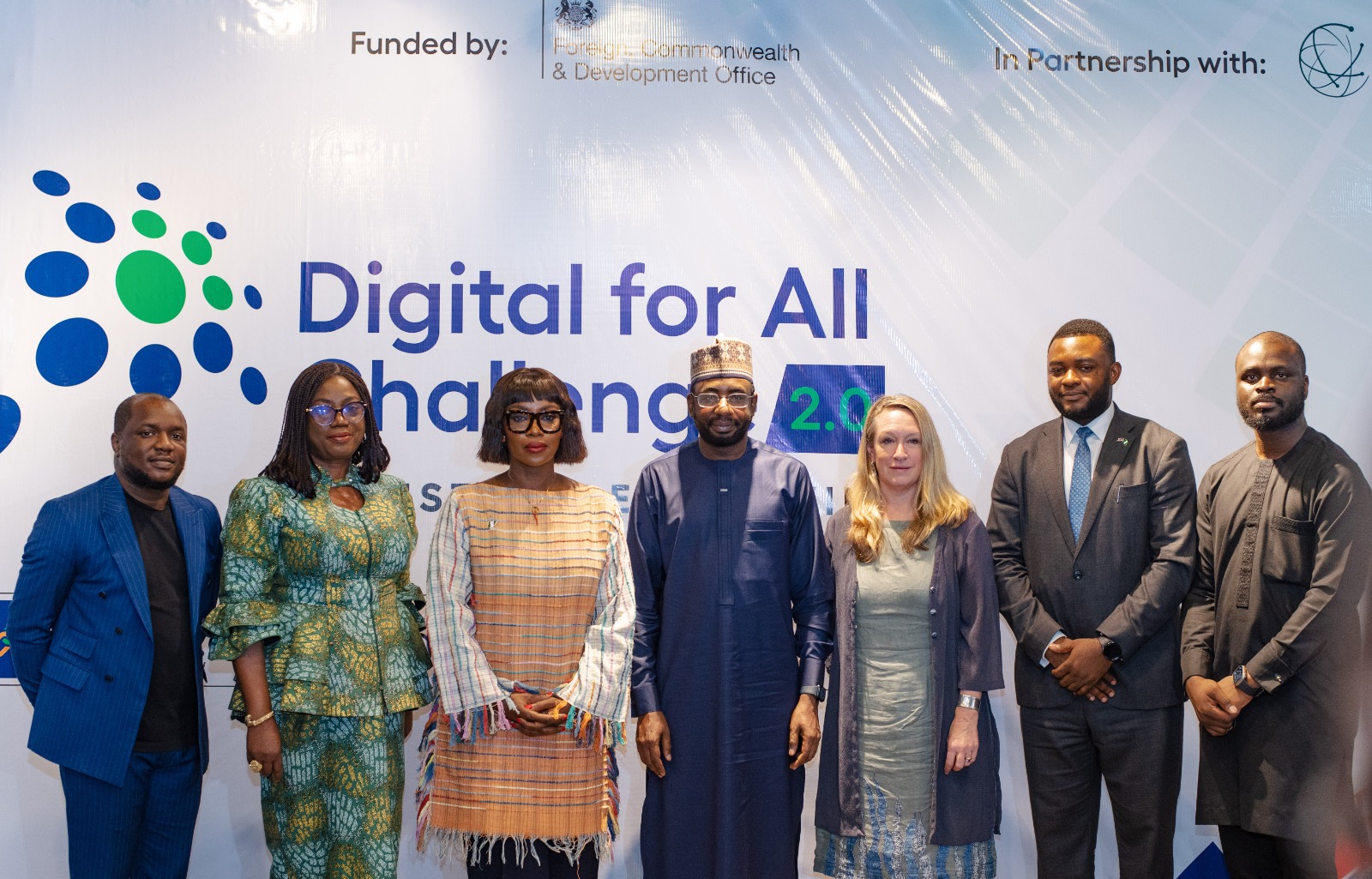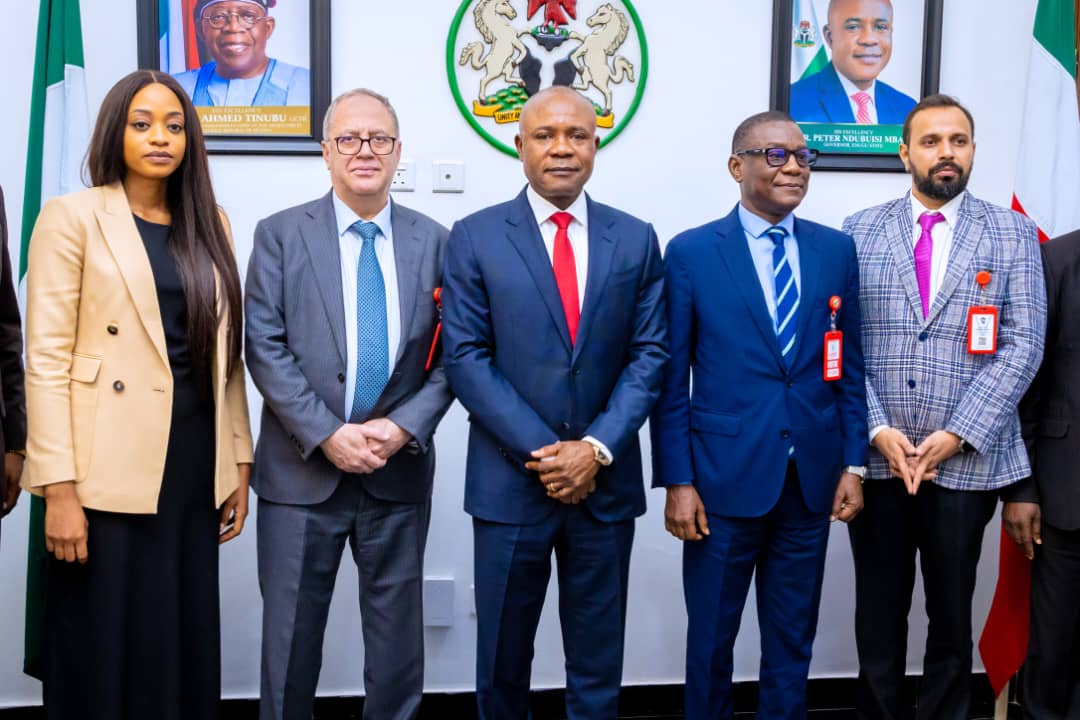It is universally accepted that education is a human right, a public good, and a public responsibility. It is therefore for this reason that the United Nations General Assembly proclaimed January 24 as the International Day of Education in agreement with the role of education in human development. The theme for the 2024 World Education Day emphasises the urgent need for humanity to collectively commit to learning, with teachers playing a key role in actualising this objective.
Without a doubt, the 21st century has demanded digital learning as the fastest route to attain the knowledge required for accelerated development across the world. Therefore, Nigeria, with a population of over 200 million people, must necessarily key into the digital age.
Perhaps, there is no better day to underscore the foregoing than on the day that the 2024 World Education Day is commemorated and there is no better personality to take the stage than the Director General of the National Information Technology Development Agency (NITDA), Dr. Kashifu Inuwa Abdullahi, who did not mince words as he addressed the audience at the launch in Abuja of Digital for All Challenge 2.0 (DFA 2.0), an initiative of Tech4Dev, funded by Foreign Commonwealth and Development Office in partnership with NITDA.
Abdullahi harped on knowledge as an antidote to ignorance, while stressing NITDA’s strenuous efforts over the years at getting the wide range of people across the country to use technology to search for knowledge, in tandem with the practice elsewhere. He also spoke elaborately on the need to deploy technology to research talent while continuing to build and invest in digital technology. Although he acknowledged the government’s policy on technology about especially the legal framework to enable operations, he said targeting foreign investors and forging collaborations with relevant stakeholders around the world would help Nigeria attain its desired height in digital technology.
Advertisement
The highlight of the occasion is the launch of DFA 2.0, reputed as Africa’s largest incentivised digital skilling competition designed to empower individuals and communities through competitive skill acquisition and use. The first edition of the launch, held in 2021 in partnership with Microsoft, focused on basic and intermediate-level skills training for youth, and it was delivered over a four-month learning phase, followed by a one-month competition phase at the state, regional and national levels where a total of 17,934 Nigerian youth ages 16 to 45 years got upskilled through the programme. The latest edition aims to impact two million beneficiaries across Nigeria, leveraging on the effects of incentivized learning models, mobile-optimised content, and peer-to-peer learning. The beneficiaries would comprise young learners ages 8 to 15, to spark their creativity and ignite a passion for digital skills through fun and engaging learning tracks, as well as youth ages 18 to 45 who would be opportune to sharpen their digital expertise and the civil servants who would be developed to enhance productivity and efficiency with essential digital skills training tailored for the public sector. As a further incentive to boost digital learning in the country, ranges of cash and scholarship awards would be won by the competitors.
At a different forum recently the NITDA’s DG had said: “Countries around the world have embraced the concept of the ‘Digital Economy’ and the evolution of the Internet has resulted in an exponential growth of the digital economy. The World Economic Forum, in one of its reports, posits that by 2022, over 60 per cent of the global GDP will be digitised. The report further predicts that over the next decade, digital platforms will be used to create close to 70 per cent of new value. This is a clear indication that the digital economy is here, there and everywhere. Therefore Nigeria, being the largest economy in Africa, cannot afford to be left behind.”
He continued: “Nigeria’s transition towards the digital economy was formalised on October 23 2019 with the Federal Executive Council’s approval for the re-designation of the Federal Ministry of Communication to the Federal Ministry of Communications and Digital Economy. This was followed by the launching and unveiling of the National Digital Economy Policy and Strategy for a Digital Nigeria (NDEPS, 2020-2030) by then president Muhammadu Buhari on November 28 2019 at the e-Nigeria International Conference and Exhibition. The NDEPS, as a strategic document, focuses on eight pillars, which are critical to the success of Nigeria’s transition towards the digital economy. From 2019 till date, significant achievements have been made. However, achieving the digital economy is not what can be done in isolation but collaboratively at various levels. On our part at NITDA, we have been doing our best to respond to the demands of the transition appropriately. This has been demonstrated in the strategic actions we have taken in the implementation of critical areas of the National Digital Economy Policy and Strategy for a Digital Nigeria.”
Advertisement
At this point, what is left is for the education sector in Nigeria to be the biggest beneficiary with a view to guaranteeing a knowledge-based future for the country.
Add a comment







